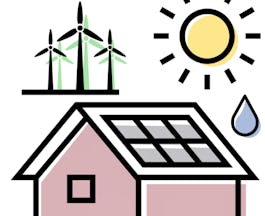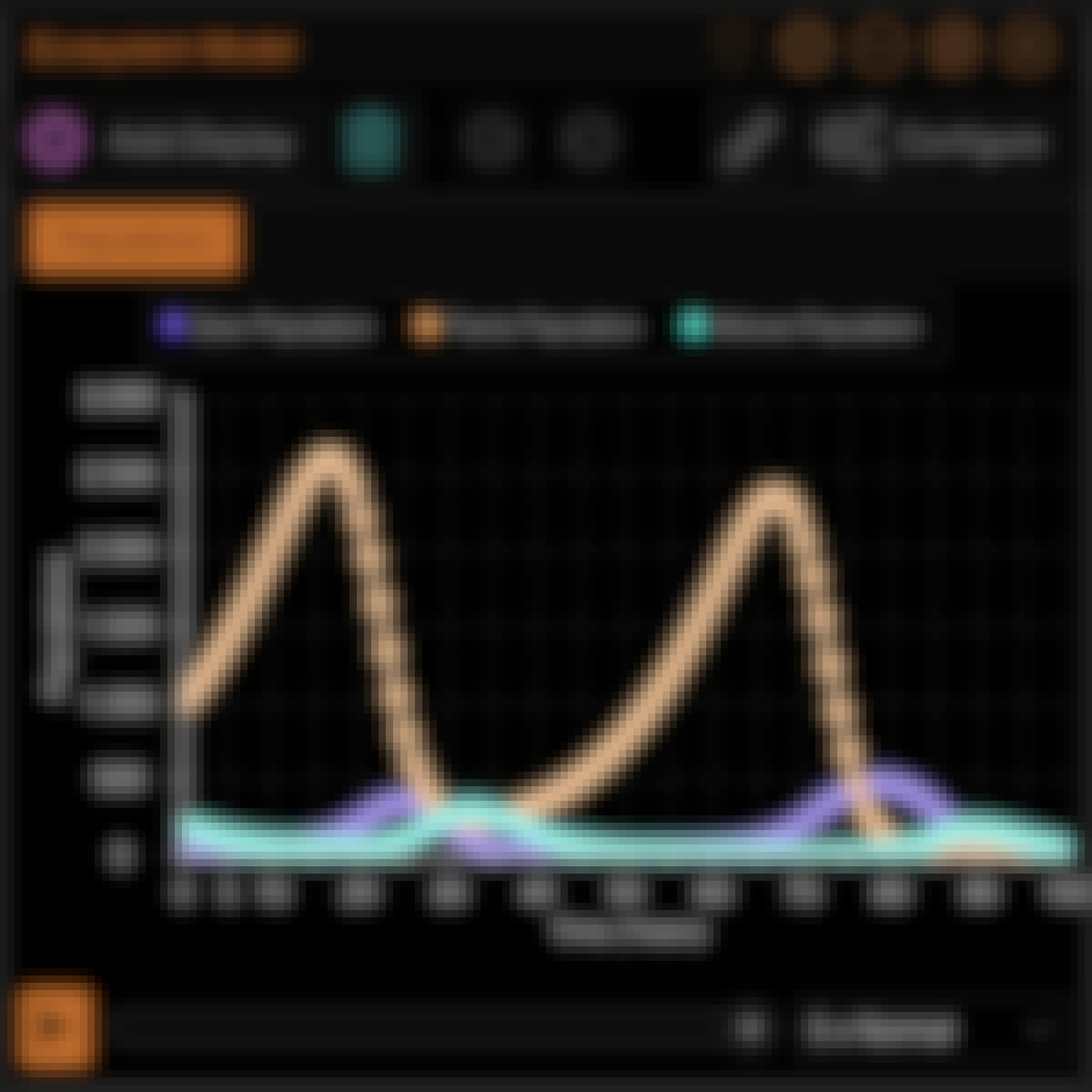Filter by
The language used throughout the course, in both instruction and assessments.
Results for "energy+modelling"

Johns Hopkins University
Skills you'll gain: Mathematics, Algebra, Problem Solving, Calculus, Critical Thinking, Mathematical Theory & Analysis, Linear Algebra, Plot (Graphics), Applied Mathematics, Data Model, Regression, Angular, Geometry, Data Analysis, Graph Theory

The State University of New York
Skills you'll gain: Systems Design
 Status: Free
Status: FreeGoogle Cloud
 Status: Free
Status: FreeUniversity of Pennsylvania

L&T EduTech
 Status: Free
Status: FreeUniversity of Geneva
Skills you'll gain: Python Programming

Coursera Project Network
Skills you'll gain: Storytelling

University of Colorado Boulder
Skills you'll gain: Strategy and Operations, Leadership and Management, Planning, Systems Design, Project Management, Operations Management, Critical Thinking, Market Research, Operational Analysis, Strategy, Supply Chain and Logistics, Feature Engineering, General Statistics, Innovation, Operating Systems, Research and Design, Benefits, Change Management, Probability & Statistics, Problem Solving, Product Strategy, Application Development, Finance, Financial Management, Organizational Development, Technical Product Management

University at Buffalo
 Status: Free
Status: FreeThe University of Chicago
Skills you'll gain: Programming Principles

Politecnico di Milano
Searches related to energy+modelling
In summary, here are 10 of our most popular energy+modelling courses
- Precalculus through Data and Modelling: Johns Hopkins University
- Solar Energy System Design: The State University of New York
- Introduction to Image Generation: Google Cloud
- Exploring Renewable Energy Schemes: University of Pennsylvania
- Petroleum Engineering with AI Applications: L&T EduTech
- Simulation and modeling of natural processes: University of Geneva
- Building an Ecosystem model with Insight Maker: Coursera Project Network
- Renewable Energy: University of Colorado Boulder
- Energy: The Enterprise: University at Buffalo
- Global Warming II: Create Your Own Models in Python: The University of Chicago











